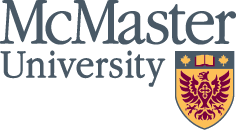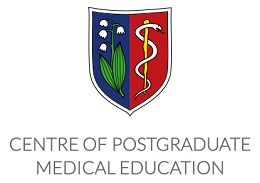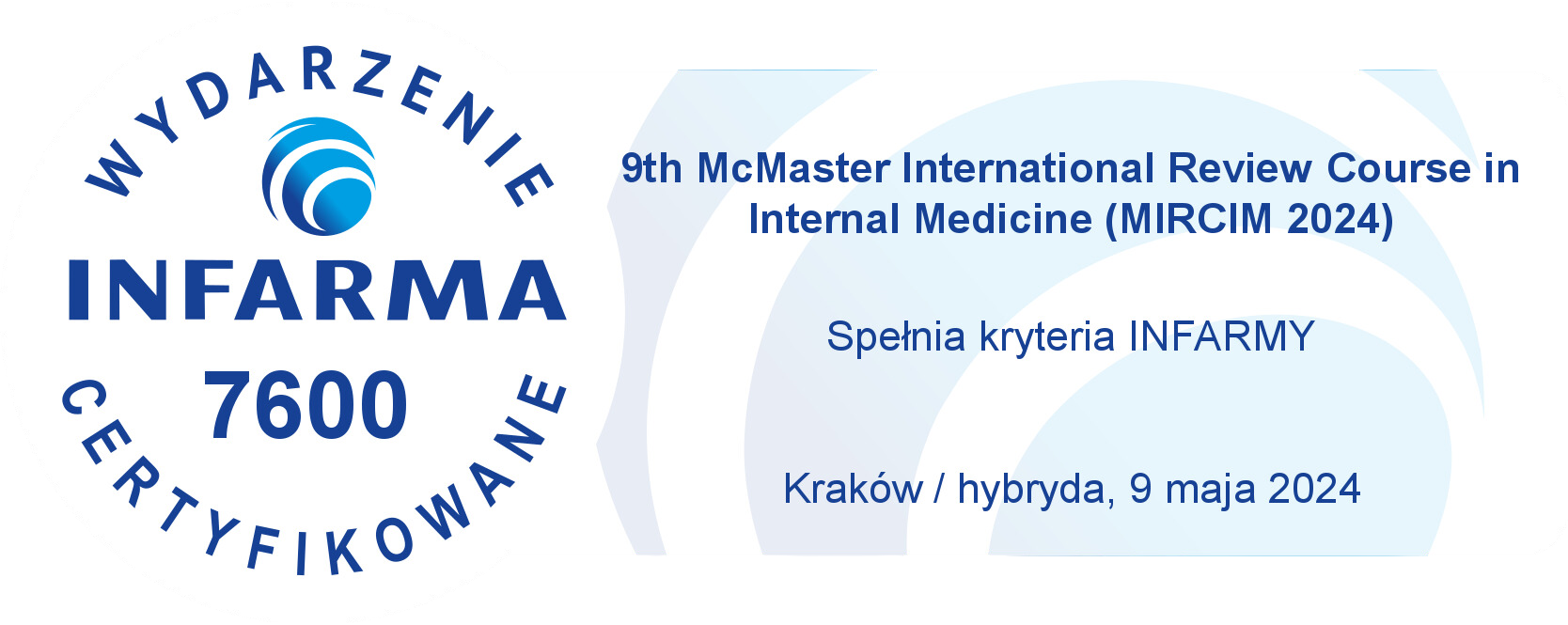 | Prof. Sanjit S. Jolly MD, MSc McMaster University, Hamilton, Canada |
Academic Affiliation
Associate Professor, Division of Cardiology, Department of Medicine, McMaster University.
Other Positions/Memberships
Principal Investigator, Acute Coronary Syndrome Program, Interventional Cardiology, Population Health Research Institute
Education and Professional Standing
Prof. Jolly completed his Bachelor of Science degree at the Queens’ University, Kingston, Ontario. Medical school, internal medicine residency, and cardiology fellowship training were all completed at University of Toronto, Ontario. Subsequently, he has completed an interventional cardiology fellowship at both: St. Michael’s Hospital, University of Toronto and Hamilton Health Sciences, McMaster University. Dr. Jolly is a fellow of the Royal College of Physicians and Surgeons of Canada, with certification in internal medicine and cardiology. Prof. Jolly is a fulltime interventional cardiologist at Hamilton Health Sciences. He is actively involved in postgraduate medical training of residents and fellows in invasive angiography, angioplasty, general cardiology, and internal medicine.
Clinical/Research Interests
Prof. Jolly has formal training in clinical trials with a M.Sc. in Health Research Methodology from McMaster University. His particular research interest is in multicenter randomized clinical trials in acute coronary syndromes and interventional cardiology. He was the principal investigator for the RIVAL trial, an international multicenter trial of 7000 patients comparing radial vs. femoral access for coronary intervention.
Select Publications
Randomized Trial of Primary PCI with or without Routine Manual Thrombectomy.NEJM. 2015.
Outcomes after thrombus aspiration for ST elevation myocardial infarction: 1-year follow-up of the prospective randomised TOTAL trial.
Lancet. 2015.
A randomized comparison of RadIal Vs. femorAL (RIVAL) access for coronary angiography and intervention in patients with acute coronary syndromes.
Lancet. 2011.
















